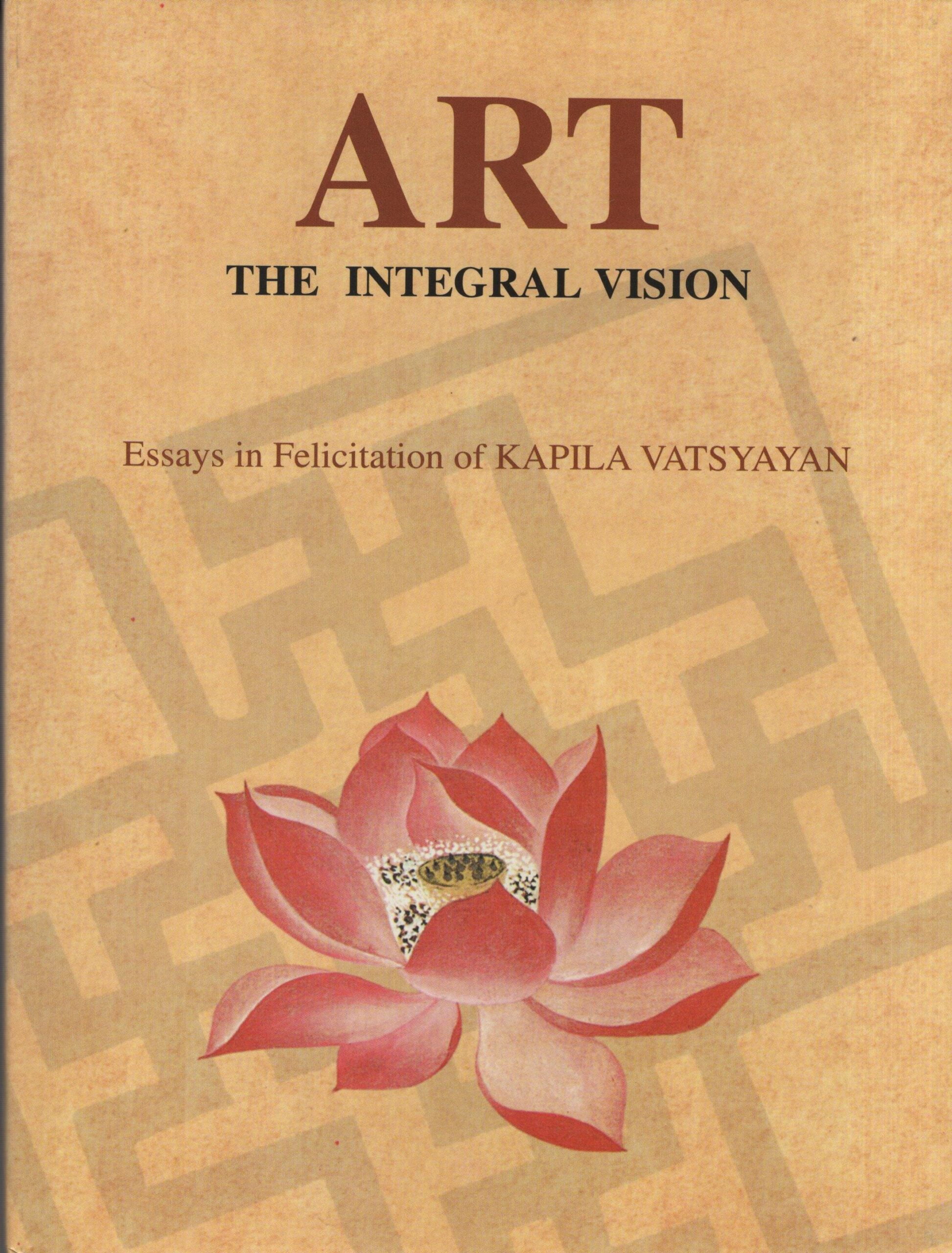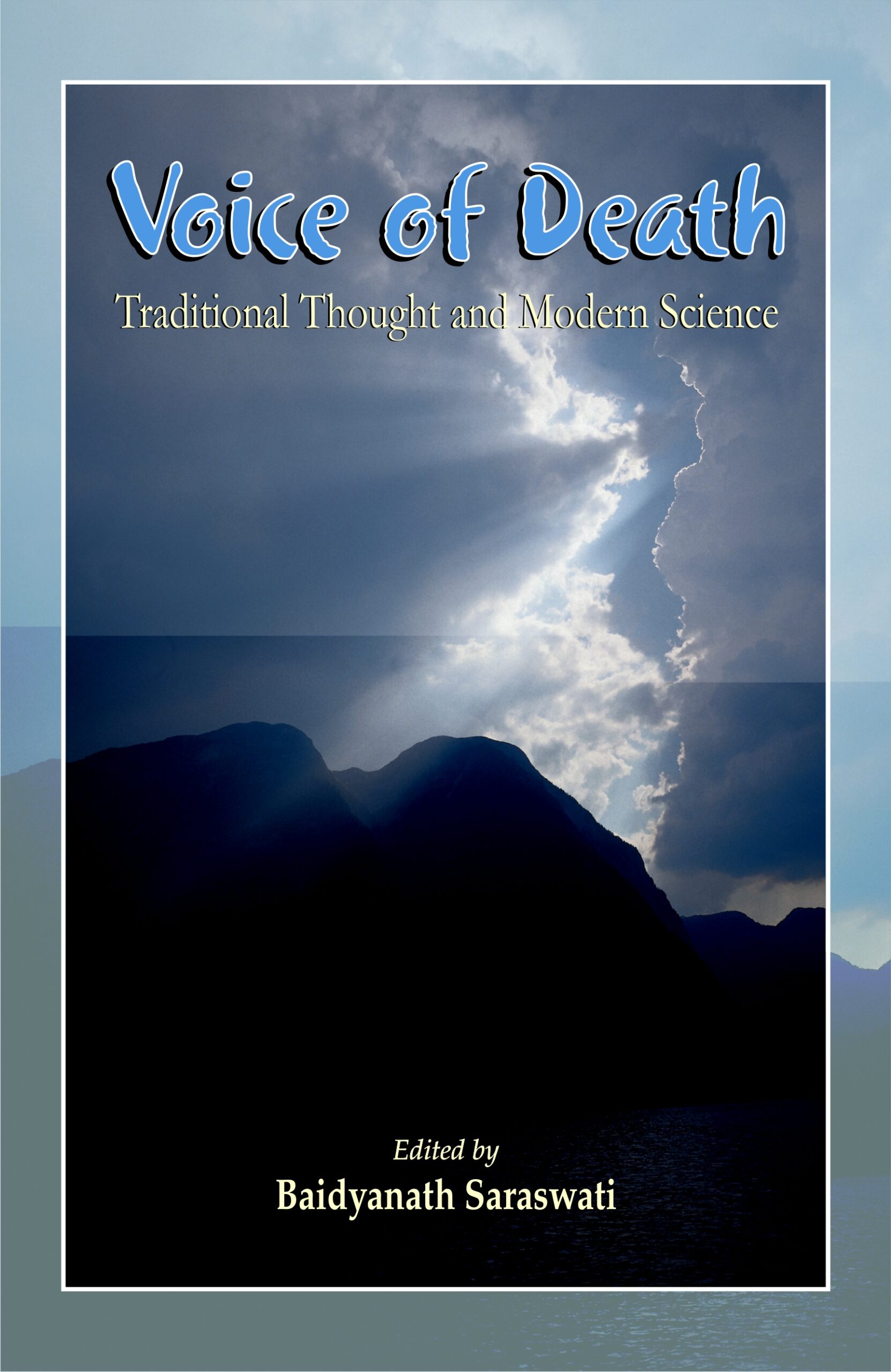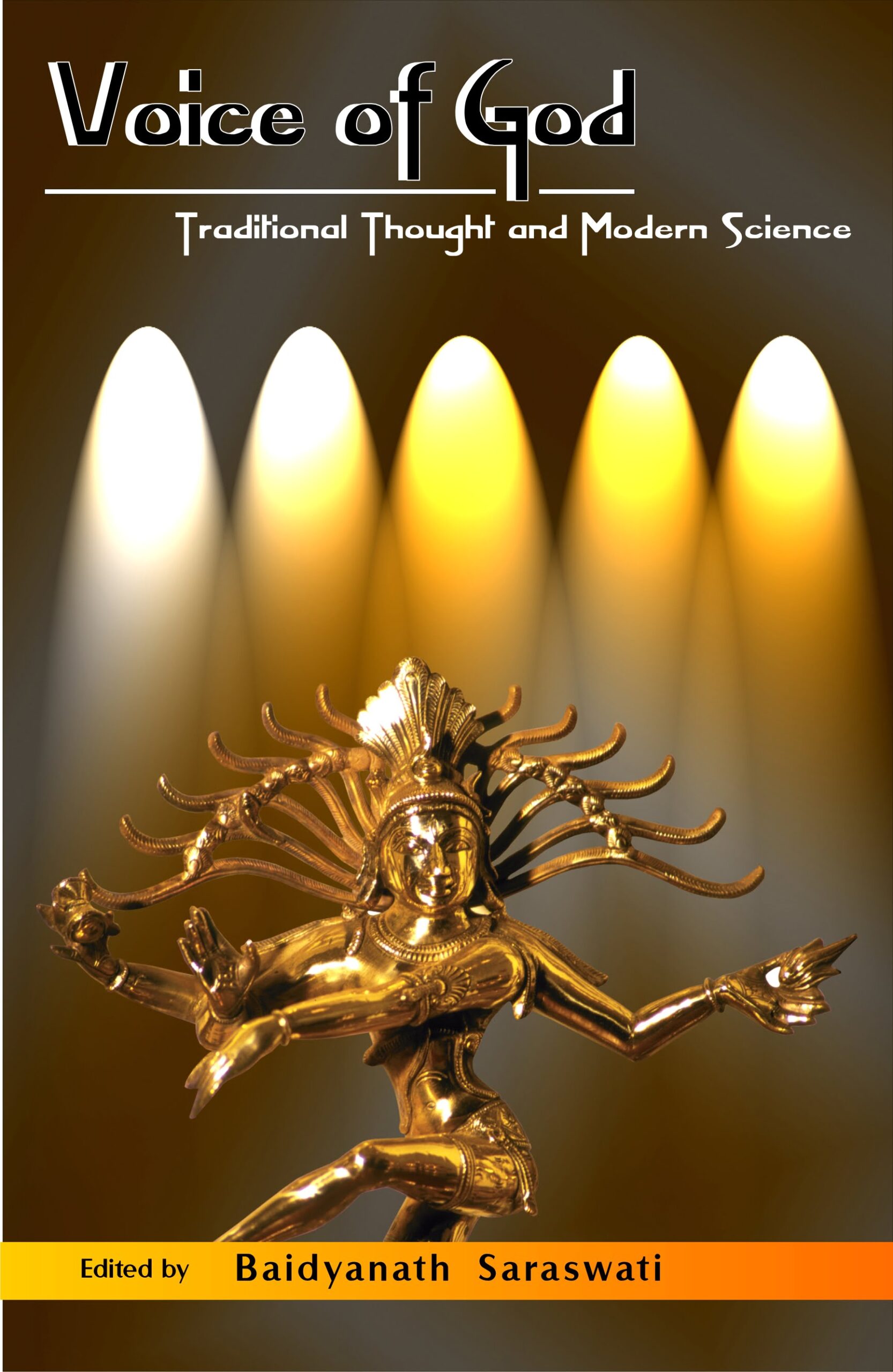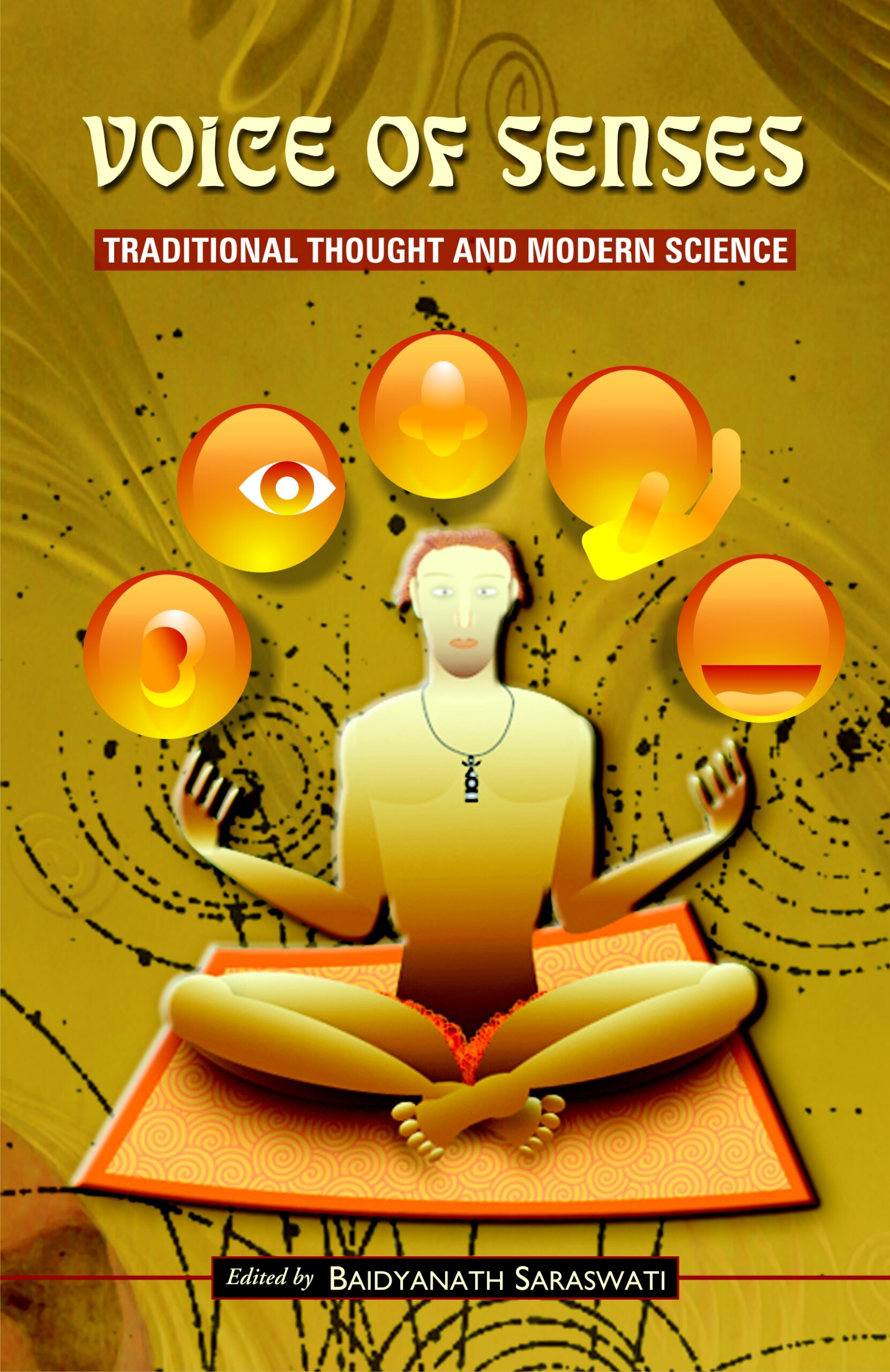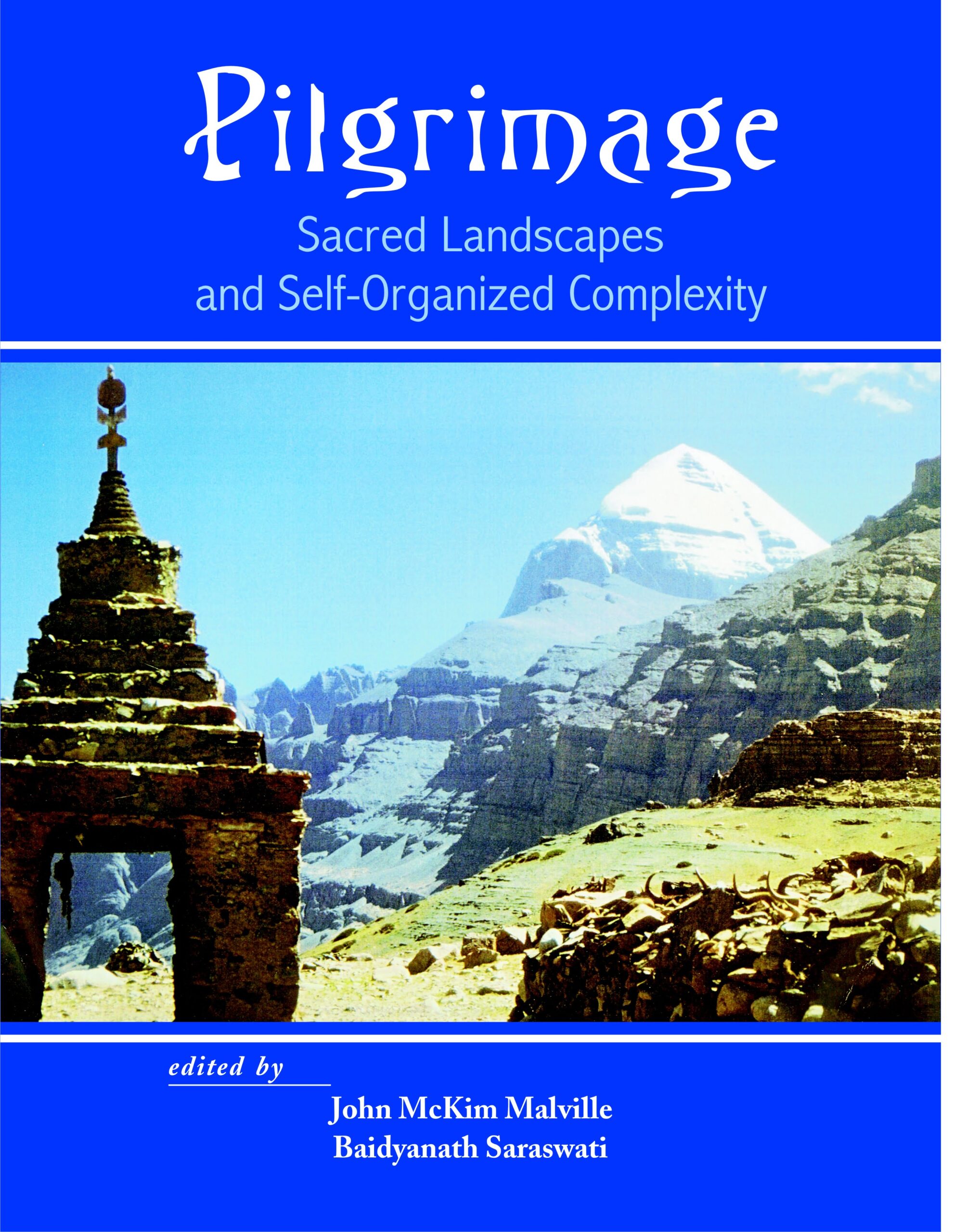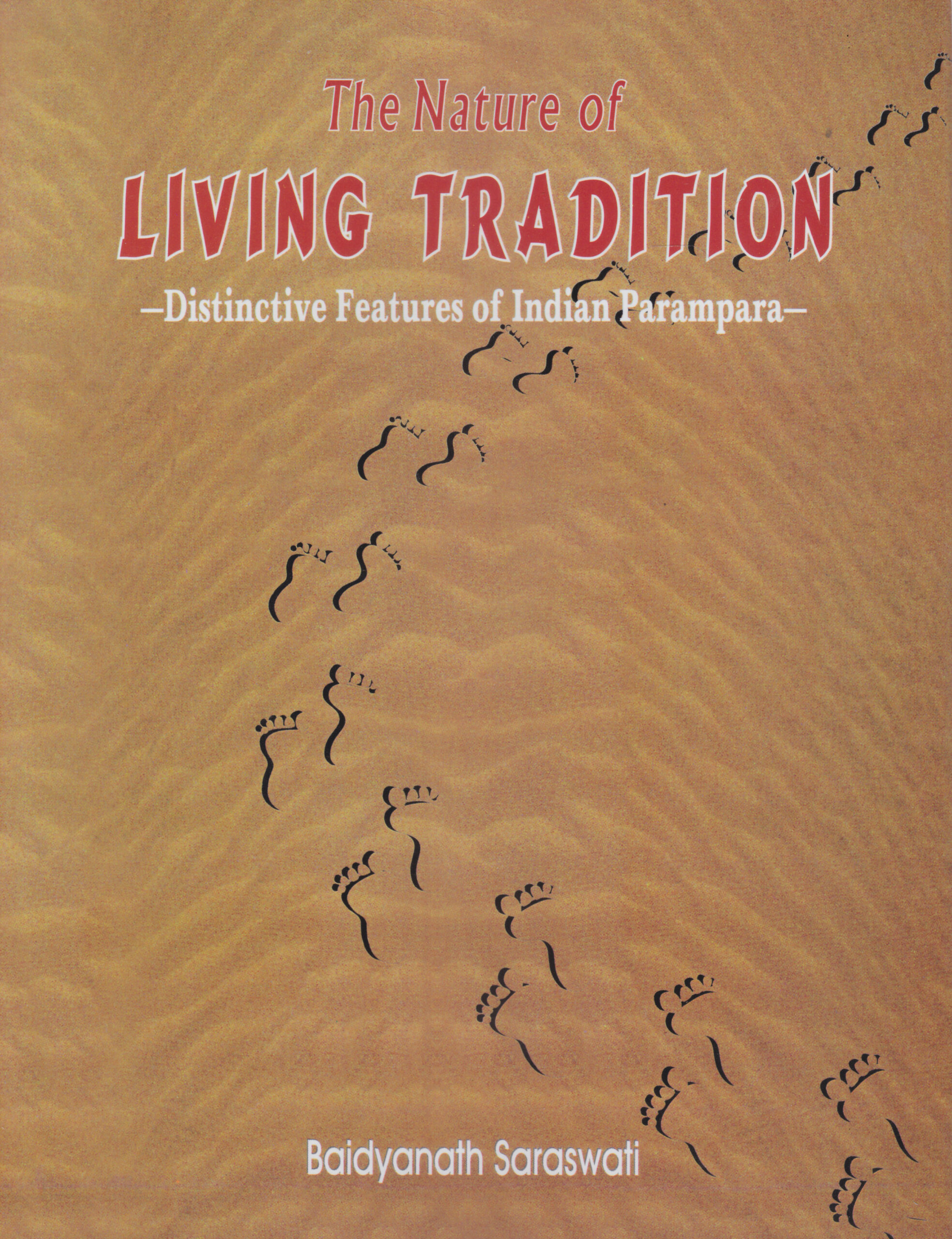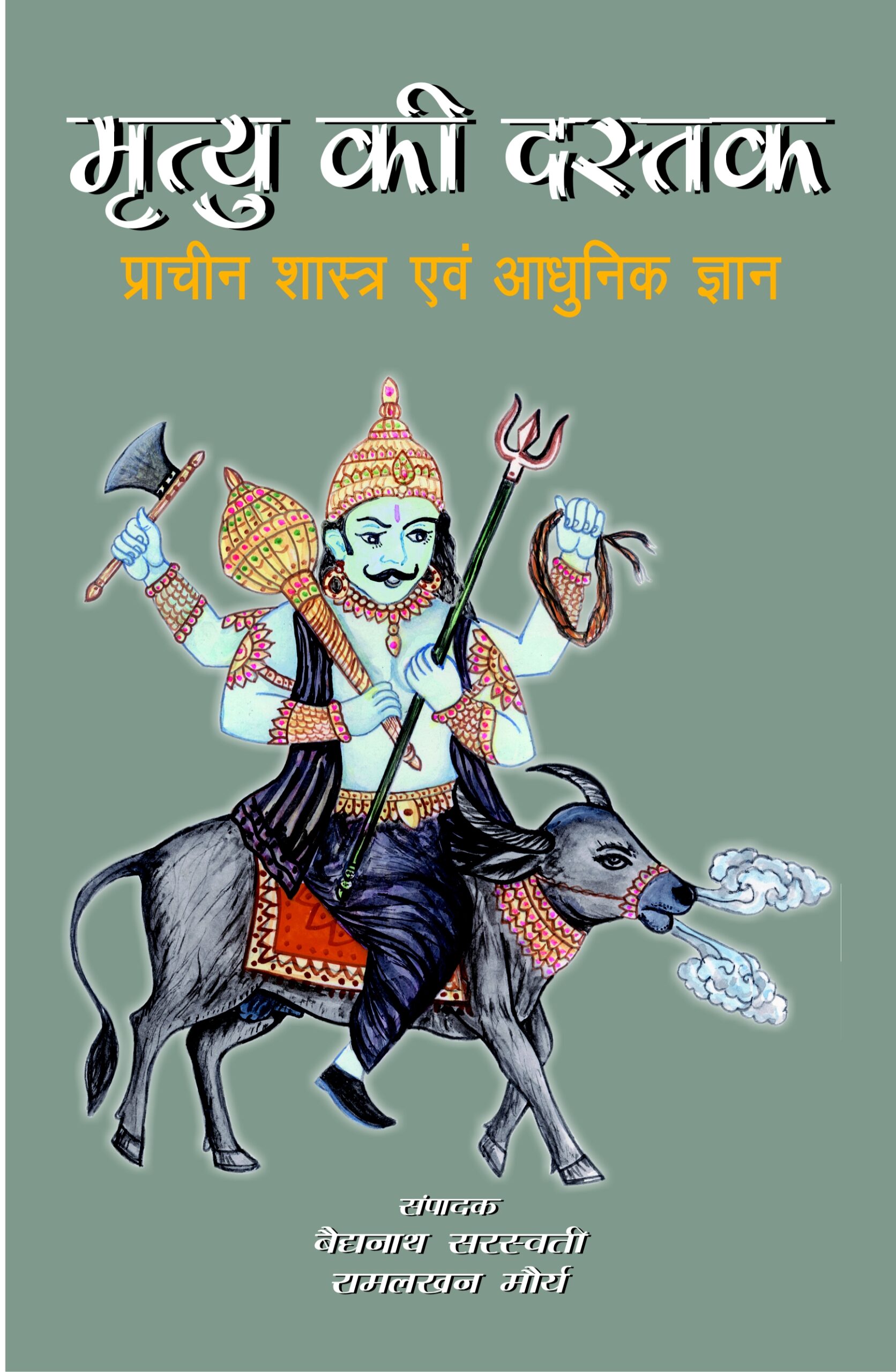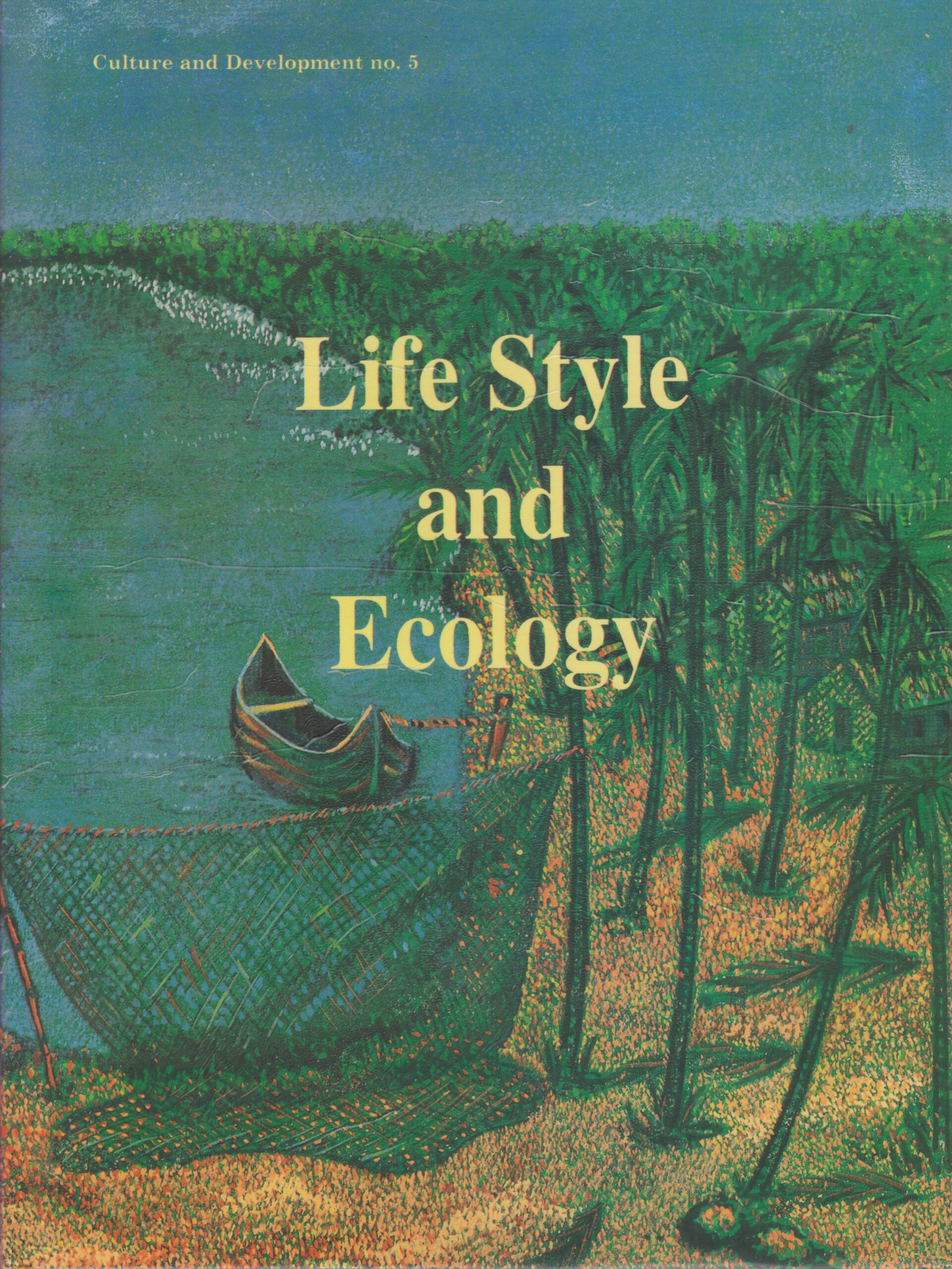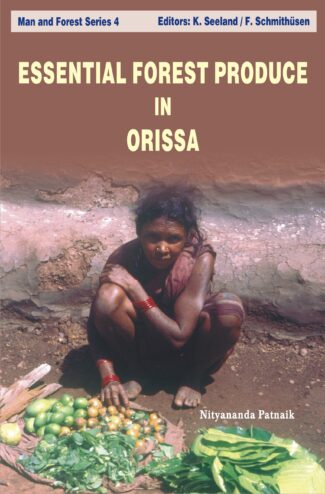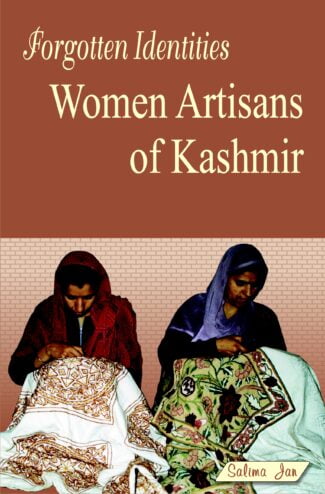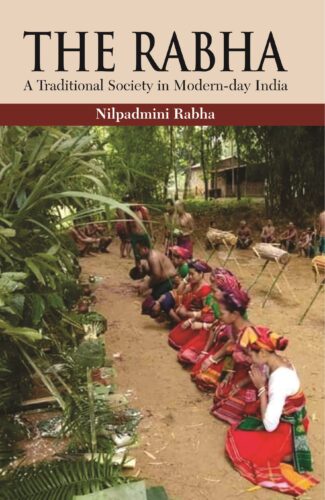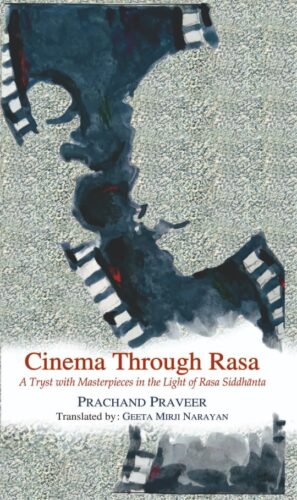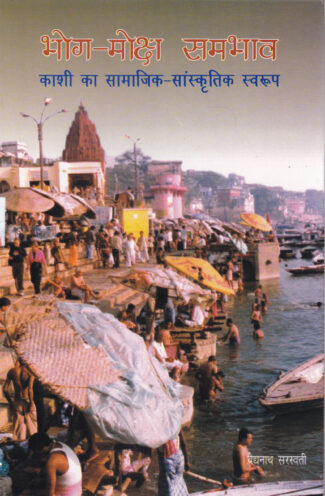

Bhog-Moksha Sambhava...
Bhog-Moksha Sambhava
Kashi Ka Samajika-Samskritika Svarupa by: Baidyanath SaraswatiThis book contains 57 essays on the history of Kashi. They highlight the important religions, sects, factions of Kashi and their involvement in cultural traditions social and economic.
₹850.00 Original price was: ₹850.00.₹765.00Current price is: ₹765.00.
ISBN: 9788124601518
Year Of Publication: 2000
Edition: 1st
Pages : xiii, 362
Language : Hindi
Binding : Hardcover
Publisher: D.K. Printworld Pvt. Ltd.
Size: 23 cm.
Weight: 700
This book contains 57 essays on the history of Kashi. They highlight the important religions, sects, factions of Kashi and their involvement in cultural traditions social and economic.
- Sale!Empowerment and Disempowerment of the Olds by: L. Thara Bhai
₹600.00Original price was: ₹600.00.₹540.00Current price is: ₹540.00.The book emphasises on a deeper understanding of ageing in the society of today, viewing it as a precarious process, both at the individual and at the societal level. It takes into consideration the position of the aged within the family and in the society, and the changes that have come about over the last few decades. Effects of globalization, break-up of the joint-family system, and the growing materialism and commercialization of society make the elderly viewed only from the ßeconomicû perspective.
The book examines certain theories on gerontology, pointing out that the workable theories should focus more on application so that the aged can benefit from such theories. It analyses the literature on the old: how different scholars and specialists have viewed ageing and its different aspects like the impact of genetic influences and the environment on ageing. Based on a field study, involving elderly from all castes and religious groups both in urban and rural areas, it delves deep into the need for empowerment of the aged. It argues that religion, community and the institutional stay have a direct correlation with the empowerment and disempowerment process, which has more impact on the upper than the lower castes. It undertakes case studies and comes up with interesting and significant observation. Personal income is considered the main source of empowerment. It significantly views institutional care of the old in the context of empowerment and disempowerment, analysing factors that force the old to choose to live in the old-age homes.
The volume is a meticulous research work that will prove extremely relevant to scholars and students as a sociological study on ageing and the elderly especially in the Indian context. - Sale!Essential Forest Produce in Orissa by: Nityananda Patnaik
₹450.00Original price was: ₹450.00.₹405.00Current price is: ₹405.00.This volume is the 4th in the ongoing Man and Forest series a series trying to highlight the relevance of indigenous knowledge of various tribal communities in the sustainable management of forests and local resources more specially against the growing challenges of economic development vis-à-vis environmental hazards and a declining resource base. Orissas forests, covering a little over 57,000 sq km (or 36.72% of the states geographical area), are known to have a profusion of minor forest produce (MFP) which has been upgraded due to its importance for tribal livelihood and is called Essential Forest Produce (EFP) through the book. It comprises simple fodder and fuelwood to baffling medicinal herbs, besides numerous economically important plants yielding dyes, tannin, fibres, flosses, essential oils, edible fruits, seeds, leaves, honey among many other items. Yet, despite its enormous economic potential, about three-fourths of this forest wealth has so far been unutilized by the tribal communities largely because of its inaccessibility. With a holistic product profile of Orissas forests, an eminent anthropologist here looks for the rationale behind the vastly deficient utilization of its EFP identifying the entire range of causes: from the tribals incapacity to reach this forest resource to their exploitation by middlemen/traders/moneylenders to the larger forest policy issues. Dr Patnaik also proposes measures which would help tribals not only to actualize the inherent potential of EFP but, in turn, strengthen their economy as well. It is a painstaking empirical study of interest to social anthropologists, environmental activists, foresters, development economists, forest resource economists planners and policy-makers.
- Sale!Forgotten Identities by: Salima Jan
₹500.00Original price was: ₹500.00.₹450.00Current price is: ₹450.00.The contribution of women to sustenance and survival of cultures and civilization, as such, has assumed new proportions in the last century or so, with women engaging themselves in a range of activities for livelihood in urban centres. Their contributions have, however, largely gone unacknowledged due to various factors. This study attempts to address this aspect by focusing on the role of urban women in the handicrafts sector in Kashmir. Dr. Salima Jan examines how the artisan women, in spite of difficulties of earning livelihood in a patriachal society, have adopted handicraft as a household occupation and are contributing immensely to family and society. Based on empirical data obtained from survey and presenting case studies, the work examines the socio-economic and educational background of artisan women before delving into aspects, such as, the nature of work done by them, their wages in different handicrafts, their control over these and the conditions under which the women have opted for the role. It analyses the manner in which the women cope with their dual roles involvement in household chores as well as employment in handicrafts and deals with their individual aspirations and rights in this context i.e., their say in decision-making in families and their perceptions of job satisfaction and changing role of women. This research effort would be useful to researchers and scholars engaged in a range of sociological disciplines but, particularly, associated with sociology of work and gender studies.
- Sale!The Rabha: A Traditional Society in Modern-Day India by: Nilpadmini Rabha
₹5,600.00Original price was: ₹5,600.00.₹5,040.00Current price is: ₹5,040.00.The Rabha is an ancient tribal community of the northeast area of India. With both a unique language and religion, they represent an ancient culture continuing to live in modern India; while some aspects of the Hindu religion appear to be assimilated by the community, the author is careful to note that they continue to retain much of their exclusive features, and points out some of those. The author goes to a great depth to present both the religious and social aspects of the Rabha people, and weaves a tapestry of the interrelationships between the two, which serves as the basis for the Rabha life today, as it has also functioned historically. She goes further, pointing out the changes of the Rabha that are occurring in modern Indian society, and points to some influences that modern religions are having on the traditional rituals and rites. With its in-depth study of the unique features of a little-known, ancient society of North East India, the text should be of considerable value for the sociologist, as well as the student of little-known tribal religions; it will also provide a great deal of knowledge to those who are trying to understand the changes that are taking place in modern Indian society, as well as other transitioning nations.
- Sale!Cinema Through Rasa by: Prachand Praveer
₹1,500.00Original price was: ₹1,500.00.₹1,350.00Current price is: ₹1,350.00.Cinema Through Rasa discusses the important works of the world cinema in the light of Rasa Siddhānta of the Indian classical aesthetics. Rasa Siddhānta was first mentioned in Bharata Muni’s Nāṭyaśāstra – the ancient treatise on dramaturgy. This book catalogues the major cinematic works in the light of Abhinavabhāratī – a tenth-century commentary on the Nāṭyaśāstra by the great Kashmiri Śaivite philosopher Abhinavagupta. Further, it outlines the links between puruṣārtha, the cultural value system of life pursuits in Indian tradition, and aesthetics while citing examples from the works of major directors such as Orson Welles, Luis Buñuel, Ingmar Bergman, Akira Kurosawa, Andrei Tarkovsky, Alfred Hitchcock, Carl Dreyer, Charlie Chaplin, Sergei Eisenstein, Robert Bresson and Satyajit Ray.
Using contemporary scholars’ interpretation of non-dualistic Kashmir Śaivism tradition, Cinema Through Rasa aims to serve as a tribute to Abhinavagupta’s genius, a commentary on important ideas such as rasa, nature of emotions, cinema and beauty along with a tryst with the masterpieces of the world cinema. The meaning of this book is summarized by this verse – na hi rasād r̥te kaścid arthaḥ pravartate – the medium of cinema, though modern, should be seen as resting in the power of rasa without which nothing makes any sense.
This book is a translation of the original Hindi book Abhinava Cinema, which was first published in 2016. Abhinava Cinema was lauded as innovative, path-breaking and a must-read for students of literature and cinema studies by scholars and critics.


